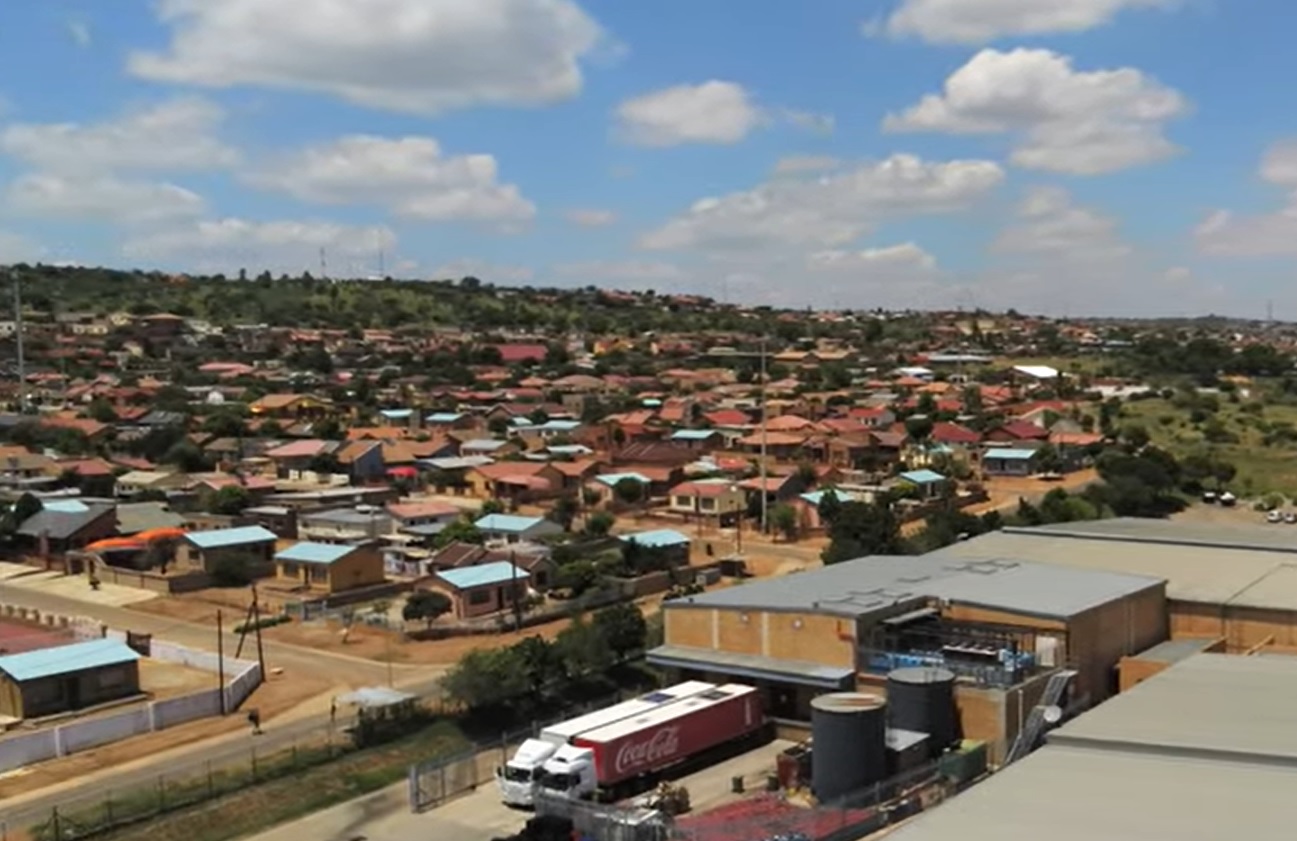Categorising South Africa’s Resilient Urbanisms

According to the authors of this blog, landscapes are always about a set of social relations that are transformed into concrete material. Landscape production is contested and bound up in sets of social relationships. Thus, a process of building an upmarket city centre, a town, a village, or rural area can end up being a jumbled, compromised product of struggle.
The idea of ‘displaced urbanisms’ captures a spatial culture that includes dispersed rural areas, ‘townships’, and also include settlements that are neither urban nor rural. It expresses the interface between modernity and tradition, as these areas imitate the material and symbolic objects associated with the city, for example through construction of suburbia-style houses in a predominately rural context.
Urban planning during the apartheid regime specifically designed cities to displace and separate. The authors of this post argue for a concept of spatial culture that captures this particularity of South Africa’s resilient urban history.
In the end, the future of post-apartheid South Africa is in part being determined in the former bantustans, where unresolved questions of land and secure tenure are being contested and negotiated.
Abstract based on source.


Comments